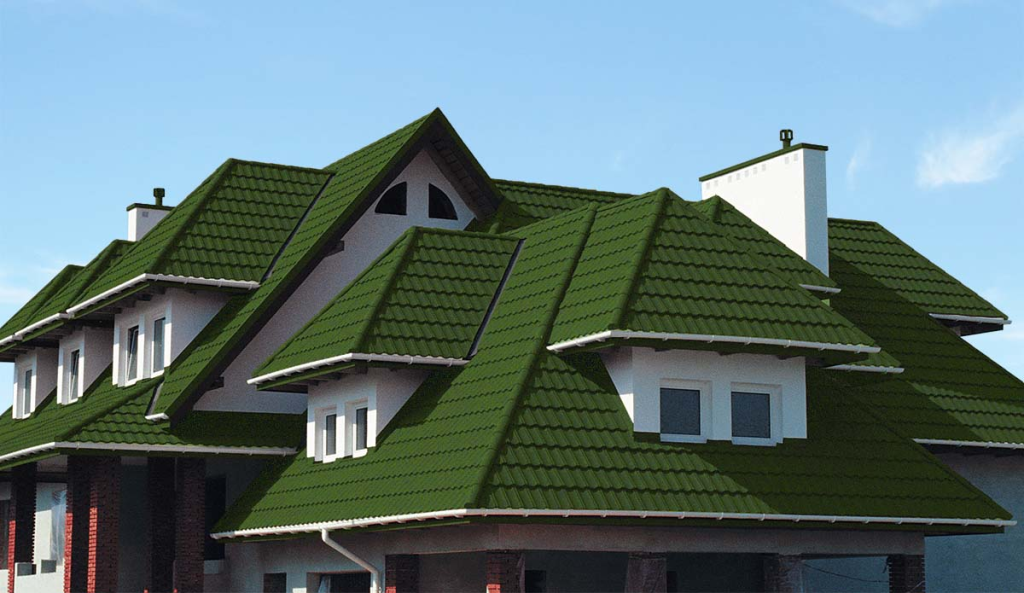
Importing antique tiles into China involves a series of steps and considerations. Here is a general overview of the process:
- Research Import Regulations:
- Familiarize yourself with China’s import regulations for antique items. Certain regulations may apply specifically to antiques, and you’ll need to ensure compliance.
- Customs Clearance:
- Work with a reliable customs broker in China to facilitate the clearance of your antique tiles through customs. They can help navigate the paperwork and regulations.
- Documentation:
- Prepare all necessary documentation, including invoices, packing lists, certificates of authenticity for the antique tiles, and any other required paperwork.
- Chinese Customs Declaration:
- Submit a customs declaration for the imported goods. Accurate and detailed information on the contents, value, and origin of the tiles is essential.
- Import Duties and Taxes:
- Be aware of any import duties and taxes that may apply. Ensure that you have the correct tariff codes for antique tiles to determine the applicable rates.
- Permits and Licenses:
- Check if any specific permits or licenses are required for importing antique tiles. Certain cultural heritage items may have additional requirements.
- Packaging and Shipping:
- Ensure that the antique tiles are appropriately packaged to prevent damage during transit. Choose a reliable shipping method and logistics provider to transport the tiles to China.
- Verify Antiquity:
- If the antique tiles are of historical or cultural significance, you may need to provide evidence of their antiquity. This may involve obtaining appraisals or certificates of authenticity.
- Local Regulations:
- Check if there are any local regulations in the destination city or region in China that may impact the importation of antique items.
- Language Considerations:
- Ensure that all documentation is provided in the required languages. Chinese is often necessary for customs and regulatory paperwork.
- Cultural Heritage Protection:
- Be aware of any cultural heritage protection laws in China. Certain items may be subject to restrictions to prevent the illegal trafficking of cultural artifacts.
It’s advisable to consult with a professional import/export advisor or legal expert familiar with the specific regulations and procedures related to importing antique items into China. Keep in mind that the information provided here is a general guide, and specific requirements may vary based on the type of antique tiles and local regulations.

Finding a Chinese manufacturer for antique tiles involves research, communication, and due diligence. Here are steps you can take to locate a suitable manufacturer:
- Online Research:
- Use online platforms and search engines to find Chinese manufacturers that specialize in antique tiles. Websites like Alibaba, Made-in-China, or Global Sources can be good starting points.
- Trade Shows and Exhibitions:
- Attend trade shows or exhibitions related to construction, ceramics, or antique products. These events often feature manufacturers showcasing their products. This provides an opportunity to meet potential suppliers in person.
- Industry Directories:
- Consult industry directories that list manufacturers and suppliers in China. These directories may provide detailed information about the companies, including their products and contact details.
- Professional Networks:
- Join professional networks, forums, or associations related to the tile or construction industry. Engage with industry professionals and seek recommendations for reputable manufacturers.
- B2B Platforms:
- Explore business-to-business (B2B) platforms beyond Alibaba, such as ThomasNet, Global Sources, or TradeIndia. These platforms often connect buyers with manufacturers.
- Supplier Verification:
- Verify the credentials of potential suppliers. Look for manufacturers with a good reputation, experience in producing antique tiles, and positive reviews from other buyers.
- Communication:
- Contact potential manufacturers and communicate your specific requirements. Inquire about their production capabilities, product range, quality control measures, and any customization options available.
- Samples:
- Request samples of their antique tiles to assess the quality and craftsmanship. This step is crucial to ensure that the products meet your standards before placing bulk orders.
- Factory Visit:
- If feasible, consider visiting the manufacturing facilities of shortlisted suppliers. This allows you to evaluate their production processes, quality control measures, and overall capabilities.
- Negotiation and Contracts:
- Negotiate terms, including pricing, lead times, payment terms, and any customization requirements. Ensure that all agreements are documented in a comprehensive contract.
- Quality Control:
- Establish clear quality control standards and procedures. Discuss with the manufacturer how they ensure the quality of the antique tiles throughout the production process.
- Shipping and Logistics:
- Discuss shipping arrangements and logistics. Consider factors such as shipping costs, packaging, and import/export regulations.
- Legal Considerations:
- Ensure that the chosen manufacturer complies with relevant legal and environmental standards. Verify their certifications and adherence to ethical business practices.
- Payment Terms:
- Agree on payment terms that are mutually acceptable. Be cautious of manufacturers requesting full payment upfront and consider using secure payment methods.
Always conduct thorough due diligence when selecting a manufacturer, and consider seeking legal advice to ensure compliance with import/export regulations and industry standards.


